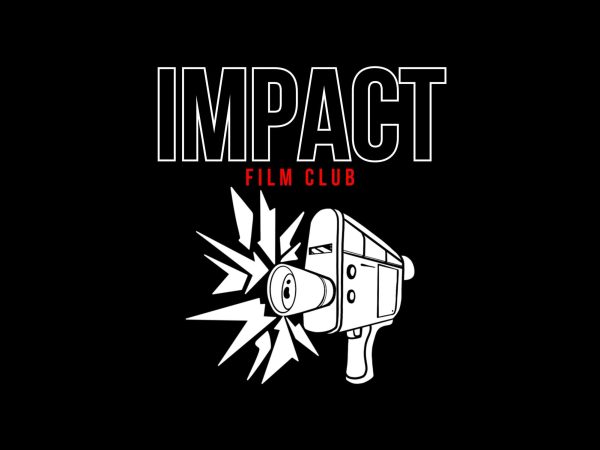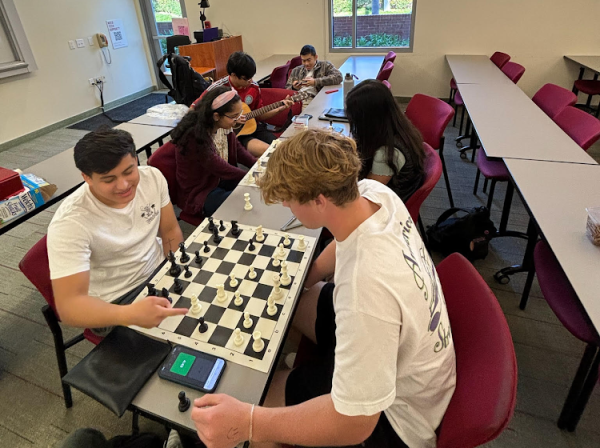Face to face with depression
Jasmine Warga’s debut novel unashamedly tackles one of today’s most stigmatized illnesses.
March 10, 2015
I have a habit whenever I read a book — I read the first line of the story, close the book and then open it again from the back to read the last line. I cannot remember when I started to do this or even why, but I have come to love it. By doing this odd ritual, I am able to gain an idea of what the story will be about, how the author writes and if they have a thing for last lines like I do.
When I opened up “My Heart and Other Black Holes,” I did my little nerd routine. The opening sentence, “Music, especially classical music, especially Mozart’s Requiem Mass in D Minor, has kinetic energy,” paired beside the last sentence where a character states, “‘I’ll wait for it,’” instantly drew me in.
CONFRONTING THE REALITY OF DEPRESSION
Jasmine Warga’s young adult novel centers on depression, a daunting task for any author, let alone one making their debut. Warga not only goes full force in addressing mental illness, but she does so with careful consideration. During an interview, she expressed to me her frustrations over literature that romanticizes depression. As a result, Warga tried to be as honest about it as she could.
“It was important to me to get out this idea of how depression is illogical. I think people tend to think there’s reasons behind it and lots of times it is chemical and it warps people’s perspectives and it is not rational,” Warga said.
As someone who has battled clinical depression for over a decade, I find truth behind Warga’s sentiments. Literature and its classes far too often convey that depression is somehow beautiful, as if any illness could be considered so. Reading through “My Heart and Other Black Holes” was the most comforting reminder for anyone waging the war against this terrible illness — you are not alone. The pain you feel is devastatingly personal, but sadly and thankfully it is not unique.
INSPIRED BY PERSONAL TRAGEDY
The book was born in the aftermath of the death of one of Warga’s closest friends. Because of this tragedy and the grief she experienced, she was able to give voice to her main character Aysel.
“This was my first experience in my adult life where I dealt with gut-wrenching grief and unexpected loss…I think that led me to be very obsessed with questions about mortality…But you know ultimately, I think the book turned out to be a book about what it means to live,” Warga said.
This is not to say that it cannot be controlled or even made extinct, but when one suffers alone under its weight, depression leaves no wriggle room. Warga also illuminates a heartbreaking reality when Aysel explains that her classmates’ mocking “can’t be worse than what I imagine at night when I lie in bed wondering if it’s physically possible to claw away your own genetics.”
Warga’s advice to those currently suffering from depression is to confront it directly.
“Seek help. Treat it with the same seriousness and sensitivity that you would if you had an illness that presented in a more physical way, such as cancer,” Warga said.
Whether you currently battle depression, know someone who does or want to learn more about this illness, I encourage you to read “My Heart and Other Black Holes,” a novel that tackles an illness that is a force to reckon with but dares to face it anyway.







